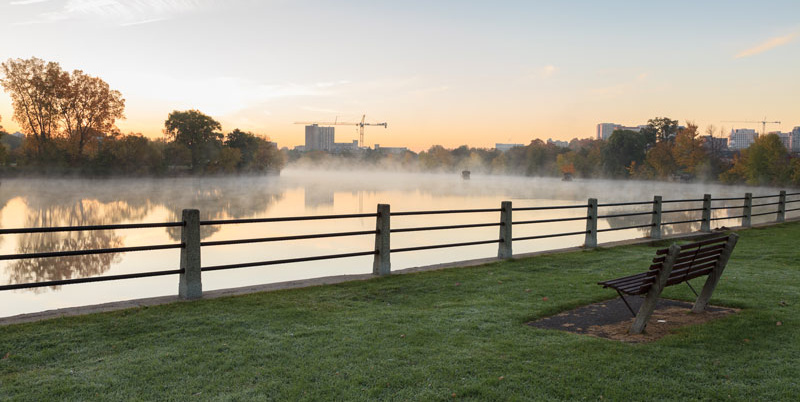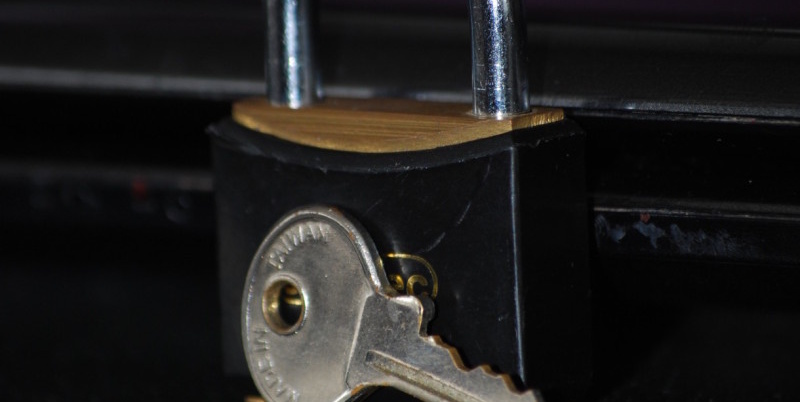During the estate planning process, many important decisions must be made. Although most people focus on who will get their estate, another important decision is who to appoint as executor (also referred to in Ontario as an ‘estate trustee’). Both a primary (your first choice) and one or more alternate executors should be named in case the first choice is unable to do the job. A recent and interesting article by Susan Hughes, entitled “No executor required” published in the November/December 2009 issue of the Canadian Lawyer, shows just how important this choice can be.
Hughes reviews a recent Ontario case, Evans v. Gondor, in which a most interesting situation arose. At their request, the court removed the executors who had been named in the deceased’s Will. The executors, the deceased’s sister and brother-in-law, no longer wished to act and there was no replacement named. This left the estate without an executor.








